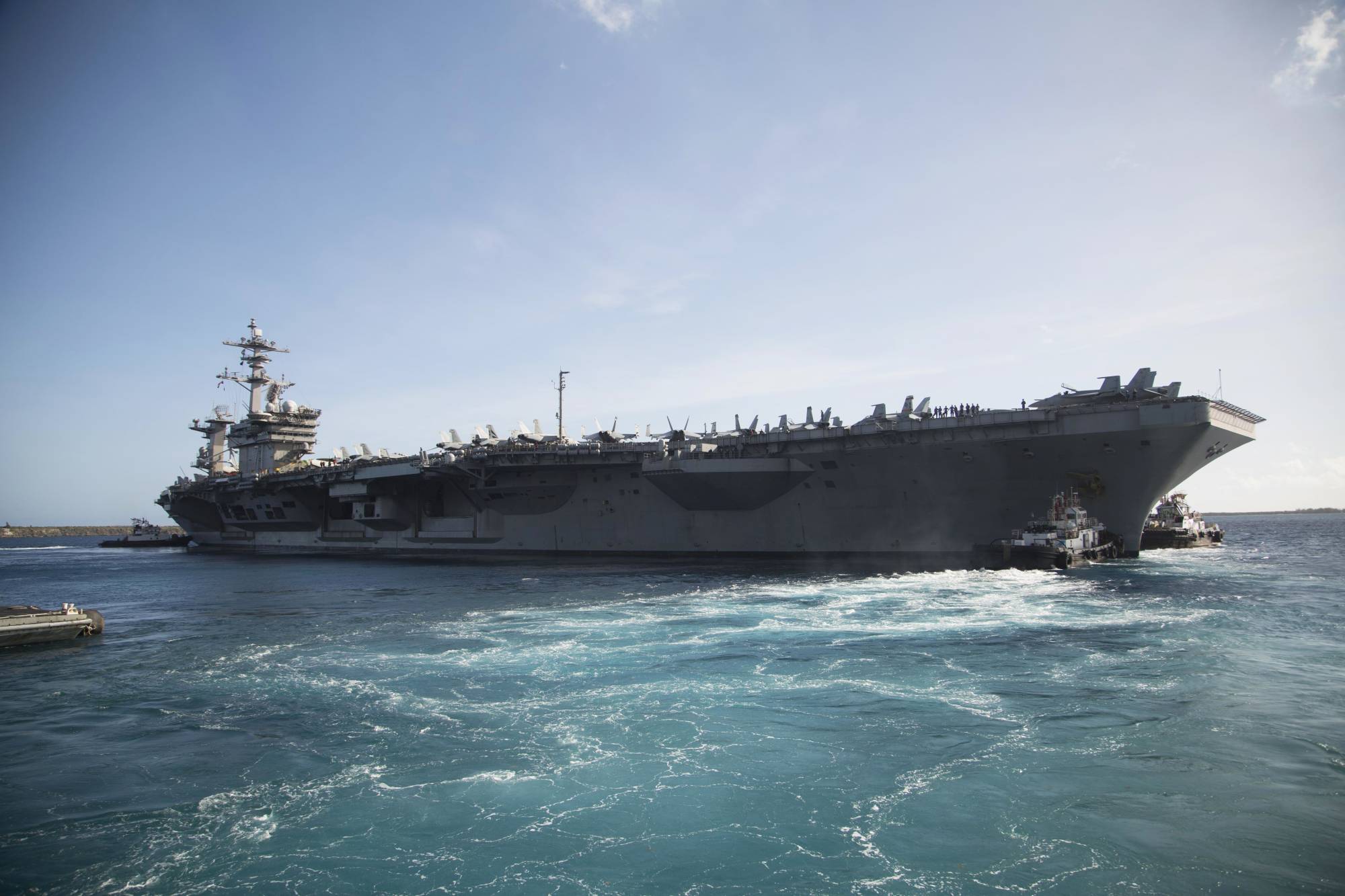On May 11, media reported that Admiral Mike Gilday, chief of naval operations, the highest-ranking officer in the U.S. Navy, would be quarantined for one week after coming into a contact with a relative who has COVID-19. The same report also indicated that the commanding general of the National Guard Bureau in the U.S. Air Force had tested positive for COVID-19.
These reports are yet another example of the indiscriminate nature of the pandemic. The U.S. Navy already faced previous challenges in addressing the case of Capt. Brett Crozier, commanding officer of the USS Theodore Roosevelt, who was dismissed from his post after his memo warning about the serious impact of the spread of COVID-19 on the ship’s crew was leaked to the media. Taken together, such incidents signal the challenges that all militaries face as the world muddles through the public health emergency triggered by the new coronavirus.
In the face of the pandemic, militaries need to engage in a two-front battle by default. On the one hand, their operations and operational circumstances make it extremely difficult for them to contain the spread of highly contagious diseases. Operations are executed as a group; personnel usually live within close proximity, often under circumstances where “social distancing” is not only infeasible but often impossible.


















With your current subscription plan you can comment on stories. However, before writing your first comment, please create a display name in the Profile section of your subscriber account page.